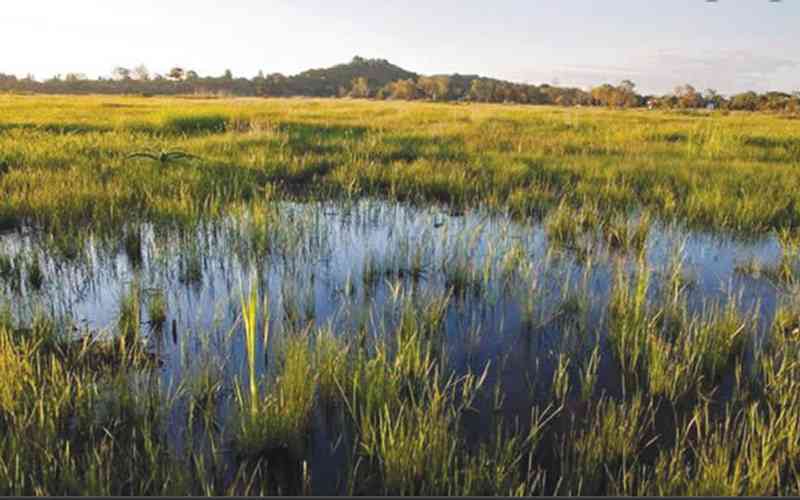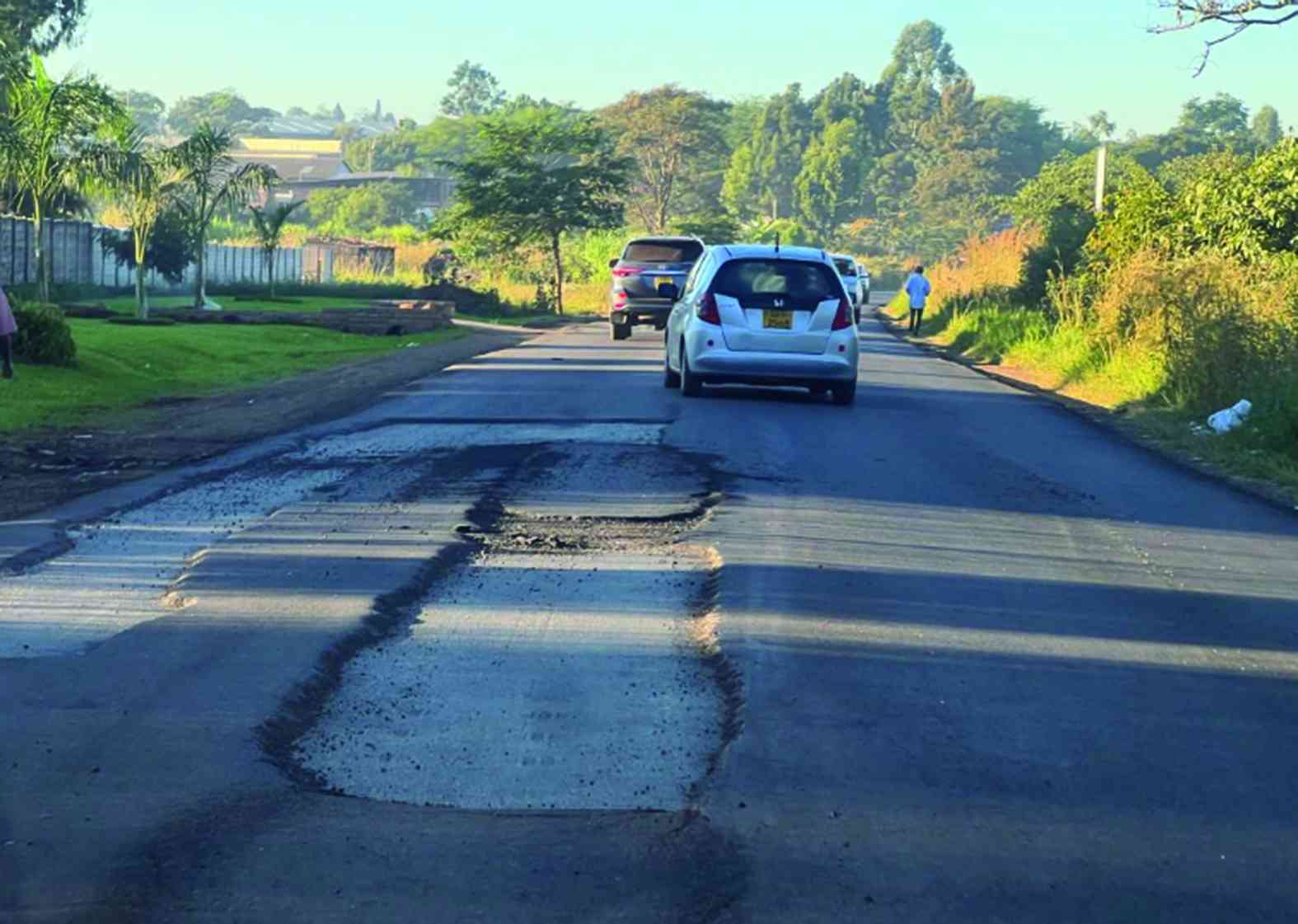
IT is very sad, indeed, that Harare’s Monavale residents have been forced to petition the Environmental Management Agency (Ema) over a proposed housing project on one of the capital city’s crucial lifelines, the Monavale vlei.
The 594-hectare Monavale vlei is a protected wetland under the 1971 Ramsar Convention on Wetlands of International Importance.
Despite it being a Ramsar protectorate, the wetland continues to be threatened by “construction developments; dumping of waste and rubbish; fires; stray dogs; illegal farming; alien plants; and loss of biodiversity”.
And it comes as a surprise for the area’s residents — through the Conservation Society of Monavale and its partners — to protest when there have been pledges by Harare City Council (HCC) and Ema itself to protect the vlei.
It is quite strange that HCC and government, through Ema, are committed to protecting the capital city’s wetlands but both seem powerless to stop the desecration of not only Monavale, but many other wetlands.
Protection of the wetlands should go beyond verbal assertions or memoranda of understanding, it should be reflected in actions.
As it is it appears neither HCC nor Ema understands the urgency of this whole matter when the very life of the entire city of millions is at stake.
Even central government should be gravely worried when wetlands are under threat because Harare is the seat of government.
- Veld fire management strategies for 2022
- Stop harassing media for reporting truth
- Veld fire management strategies for 2022
- News in depth: Mnangagwa’s push for $12 billion mining industry imperils communities
Keep Reading
The critical role played by wetlands cannot be overemphasised.
Being natural water reservoirs and carbon sinks, they recharge the water table, filter and purify water, prevent erosion, siltation, flooding and help resupply naturally purified water to rivers and streams.
For cities such as Harare, they save ratepayers a lot of money by providing a natural water purification service vis-à-vis the current state of affairs whereby HCC is spending millions to procure a cocktail of chemicals every month. In fact, the city is now failing to provide enough potable water mainly due to the degraded and fast-disappearing wetlands.
If truth be told, the drying up of wetlands spells doom for the capital city. Even after relocating to Mt Hampden, the government will not escape the disaster that lies ahead because Harare and Mt Hampden are on the same watershed whose arteries include the Monavale vlei that is currently being degraded under government’s watch.
The watershed upon which the capital city is built is the source of many major rivers and failing to urgently nip in the bud the destruction of the marshy lands making up this dambo (a complex network of shallow wetlands) is a disaster in the making.
Even the boreholes that are being dug left, right and centre across Harare to escape the city’s biting water shortages face a very bleak future with many already dry because the sources of their replenishment — the marshes — are degrading fast. There is still time to save the city from the agony of completely running out of water, but it is all about will, without it Harare is doomed.











